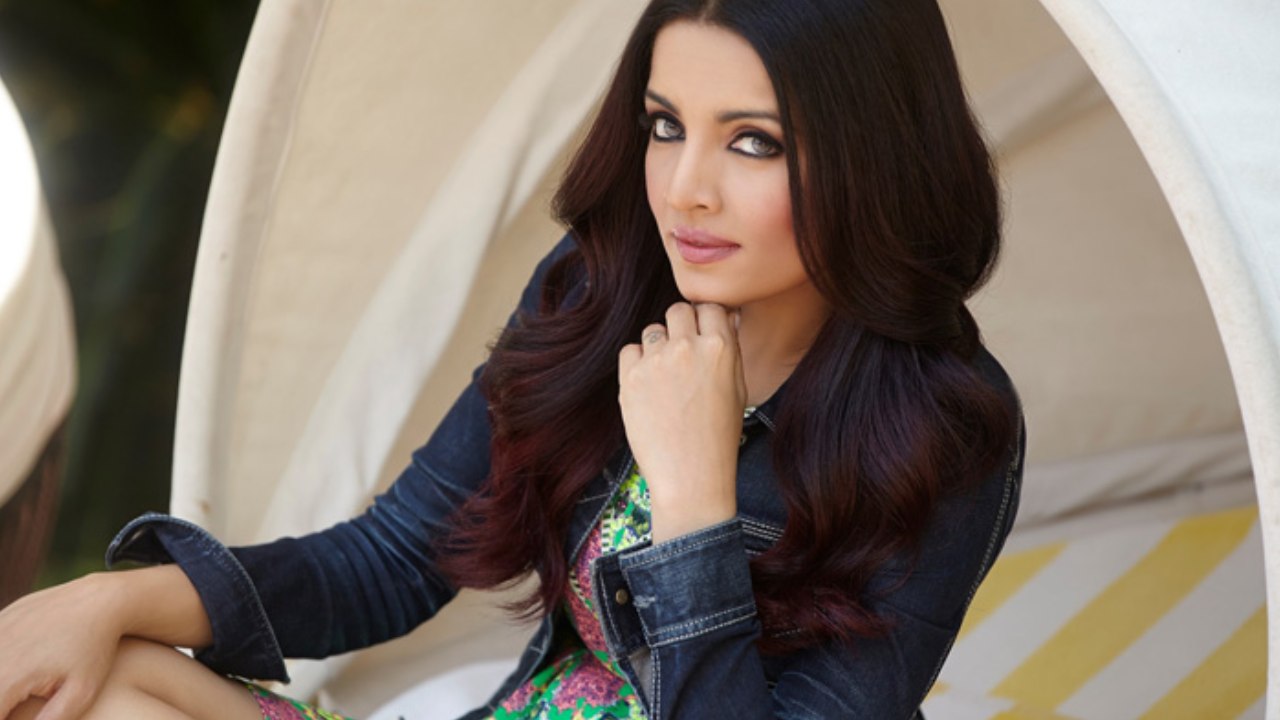The honourable Supreme Court’s decision to not legitimize same-sex marriage has made Celina Jaitly a very unhappy woman. A champion for the LGTBQ community for years Celina spoke about the SC’s decision.
Says Celina, “Just the honourable CJI said it is for Parliament to decide whether there is need for a change in the regime of the Special Marriage Act. I was constantly hoping the most basic of all human rights is not looked over due to technical jargons within legalities.”
But her worst fears, says Celina, came true. In a diverse country like ours where marriages and civil unions are massively dictated by religion and cultural perceptions it was the moral responsibility of the court to at least pass the decision on to the parliament with clear-cut mandate, directives or timelines for Parliament to act. Without these mandates there is no pressure on Parliament to enact any legislation and this makes the process tedious and not a priority.”
However Celina has not lost hope. “In Tuesday’s decision also there is a light at the end of the tunnel the court accepted the government’s offer to set up a special panel that will explore granting social and legal benefits to same-sex couples. I think that is a step definitely in the positive direction.”
Celina is determined to keep fighting for the rights of the gay community. “I have been a part of a movement for over two decades since I was in school, from the time the lgbt were criminalised under section 377. I have seen firsthand that ultimately democracy prevailed. We will continue to fight for equality and this too shall pass.I have said this repeated as an LGBT activist for the past twenty years and even at my post at the United Nations: There is no subset of rights or new category of rights called ‘LGBT rights’. LGBT people are entitled to the same rights as everyone else – among them the right to life, the right to be free from discrimination, rights to privacy and to freedom of expression, association and assembly and of course marriage\ civil union and right to the institution of family. The reality is that these rights, which are universally recognized and agreed, are routinely being denied to people just because they happen to be — or are assumed to be — gay, lesbian, bisexual, transgender or intersex. That is something we have a duty to acknowledge and address in a concerted way. Not giving a human being the very basic requirement of marriage and right to institution of family merely because of their orientation is indeed against the principle of the core values of a democracy.”


